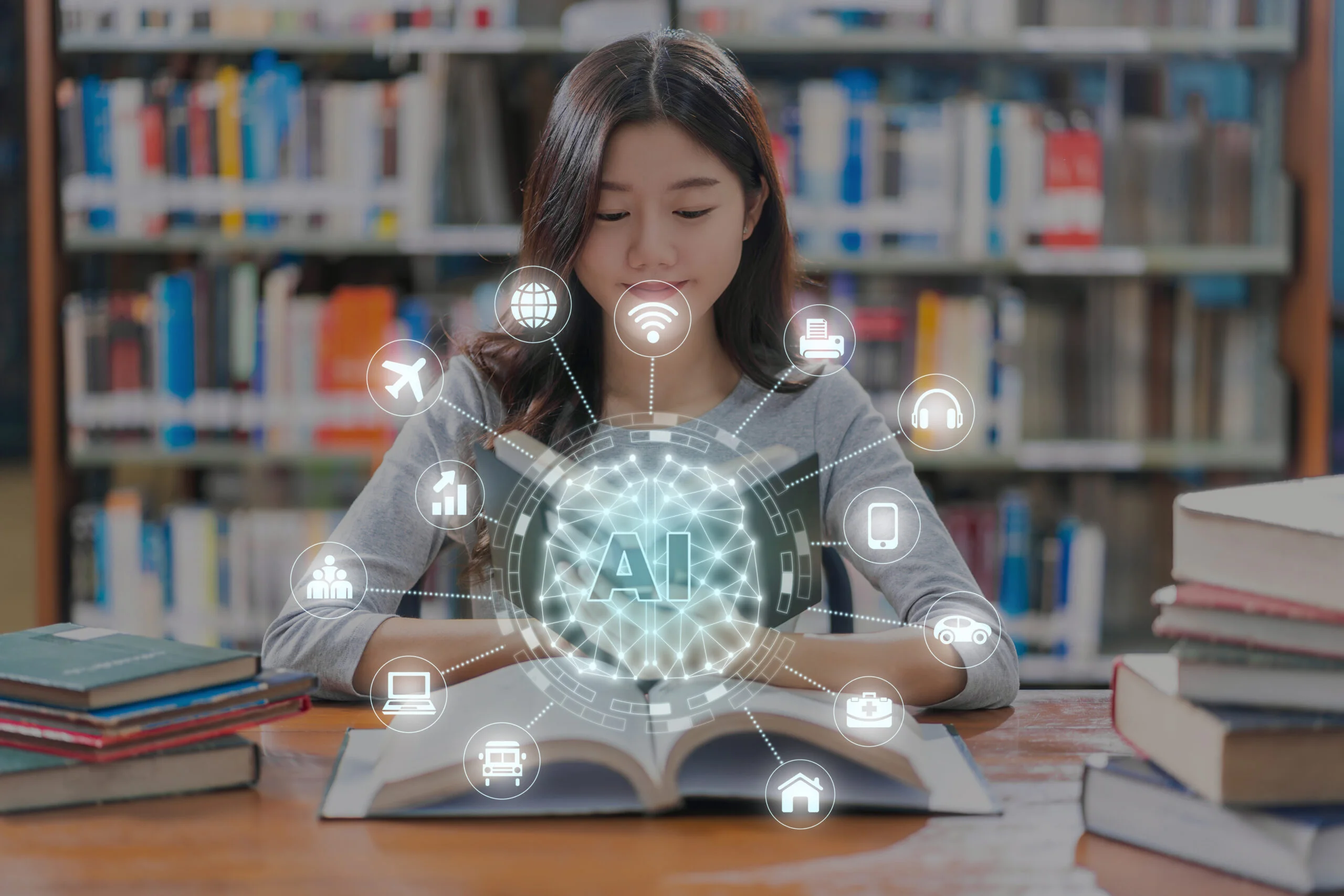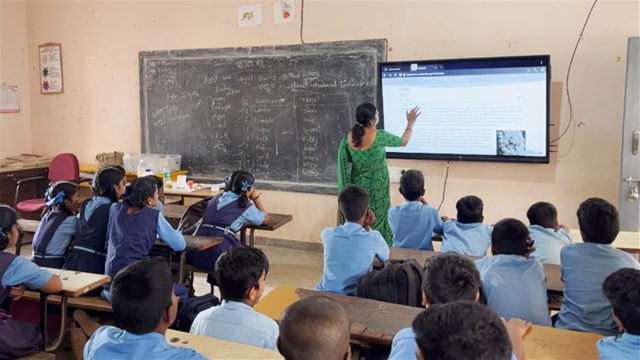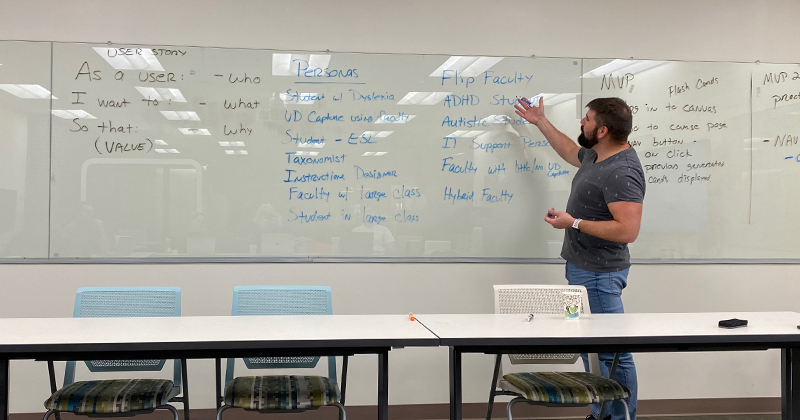
A custom-designed chatbot in blended learning environments shows promise for student engagement but faces challenges in comprehensive coverage of academic topics and maintaining consistent student interaction.
A custom-designed chatbot in blended learning environments shows promise for student engagement but faces challenges in comprehensive coverage of academic topics and maintaining consistent student interaction Objective To examine the... continue

AI-generated learning resources integrated within Learning Management Systems significantly improve student achievement and satisfaction in online graduate education
AI-generated learning resources integrated within Learning Management Systems significantly improve student achievement and satisfaction in online graduate education Objective The study aimed to investigate the implementation and effectiveness of an... continue

The comprehensive review of artificial intelligence in education (AIEd) research reveals significant growth but highlights critical gaps between AI technological innovations and their practical educational applications
The comprehensive review of artificial intelligence in education AIEd research reveals significant growth but highlights critical gaps between AI technological innovations and their practical educational applications Objective The main goal... continue

The development of the Comprehensive AI Assessment Framework (CAIAF) provides educators with an ethical and structured approach to integrate AI tools in educational assessment across different academic levels.
The development of the Comprehensive AI Assessment Framework CAIAF provides educators with an ethical and structured approach to integrate AI tools in educational assessment across different academic levels Objective The... continue

Project-based learning with AI tools can effectively support K-12 teachers in integrating AI literacy across diverse subjects, regardless of their prior AI experience or students' economic backgrounds
Project-based learning with AI tools can effectively support K- teachers in integrating AI literacy across diverse subjects regardless of their prior AI experience or students' economic backgrounds Objective To explore... continue

Early AI education curriculum focusing on three core competencies (AI Knowledge, AI Skills, and AI Attitudes) enhances educational quality and prepares young learners for an AI-driven future.
Early AI education curriculum focusing on three core competencies AI Knowledge AI Skills and AI Attitudes enhances educational quality and prepares young learners for an AI-driven future Objective To develop... continue

Meta-prompting strategy is most effective at improving academic text readability in ChatGPT compared to standard, roleplay, and chain-of-thought approaches.
Meta-prompting strategy is most effective at improving academic text readability in ChatGPT compared to standard roleplay and chain-of-thought approaches Objective To evaluate which ChatGPT prompting strategies are most effective at... continue

An Instagram-like XAI education tool effectively teaches K-12 students about AI-driven social media mechanisms through hands-on experimentation and real-time visualization.
An Instagram-like XAI education tool effectively teaches K- students about AI-driven social media mechanisms through hands-on experimentation and real-time visualization Objective To develop and evaluate an educational tool that teaches... continue

Higher education stakeholders have positive attitudes towards AI integration, recognizing its potential while emphasizing the need for ethical guidelines and proper implementation.
Higher education stakeholders have positive attitudes towards AI integration recognizing its potential while emphasizing the need for ethical guidelines and proper implementation Objective To comprehensively investigate the impact of AI... continue

Hour of Code (HoC) activities primarily focus on perception and machine learning aspects of AI, with limited hands-on engagement and uneven coverage of the five big ideas of AI education.
Hour of Code HoC activities primarily focus on perception and machine learning aspects of AI with limited hands-on engagement and uneven coverage of the five big ideas of AI education... continue

Using an automated writing evaluation (AWE) system for K-12 students leads to positive cumulative effects on ELA performance that peak after three years of implementation.
Using an automated writing evaluation AWE system for K- students leads to positive cumulative effects on ELA performance that peak after three years of implementation Objective To investigate the long-term... continue

K-12 teachers value AI as a collaborative partner in creating customized learning materials, but successful integration requires addressing significant challenges including technical support, training, and infrastructure.
K- teachers value AI as a collaborative partner in creating customized learning materials but successful integration requires addressing significant challenges including technical support training and infrastructure Objective To investigate K-... continue